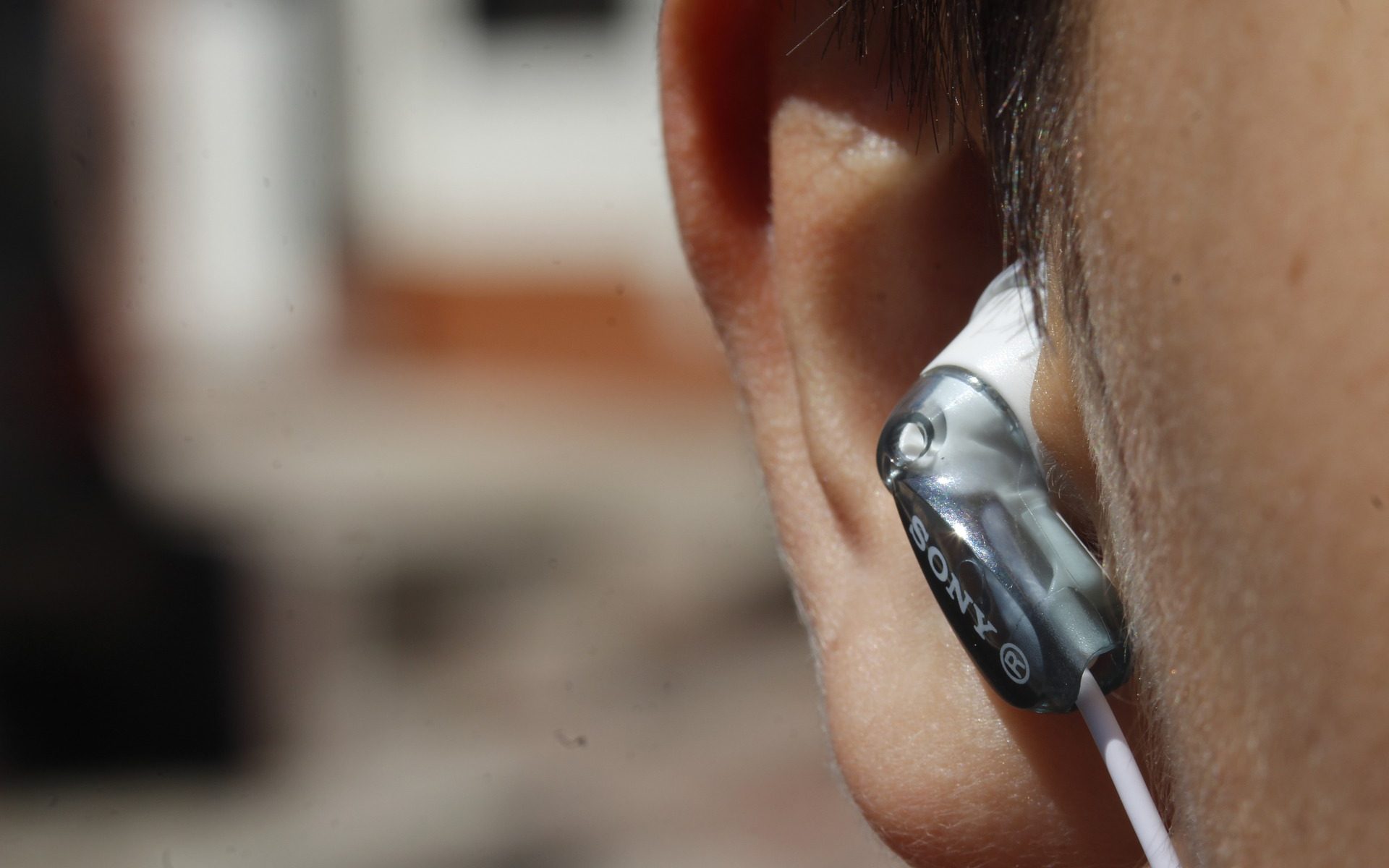According to the American Speech-Language-Hearing Association (ASHA), hearing loss in children delays the development of communication skills; hampers academic achievement; leads to social isolation and poor self-image; and may limit vocational choices later in life. The ASHA points out that a hearing-impaired child’s academic achievement depends, to a large extent, on parental involvement. Fortunately, parents can impact their child’s development in a number of ways.
Learning games
If your hearing-impaired child knows sign language, there are many games that can help him learn, have fun, and grow more confident. There are several editions of American Sign Language Puzzle Books that are organized according to educational themes, such as animals and health. Consider adding games like the Keep Quiet Crossword Game (a version of Boggle), Sign It!, Finger Alphabet Lotto, and flashcards to help youngsters learn sign language.
Exercise
Physical exercise is one of the best ways to help a hearing-impaired child gain confidence. Swimming is an especially popular activity, one that benefits deaf and hearing-impaired kids by teaching them to follow instructions, providing valuable exercise, and conferring a sense of personal achievement. Finding the right instructor is the first step, preferably someone who has worked with hearing-impaired learners. Patience is important, especially at first. Be aware that most kids are tentative, even frightened, at the prospect of jumping into a large body of water, so never force a child into the water if he’s afraid.
Play time
Play is an essential aspect of a child’s development and is considered so important that the United Nations has declared play to be a human right. Sensory play is particularly important for children with hearing or visual impairments. Playing with water, sand, blowing bubbles and interacting with nature can be beneficial to children with visual disabilities. Engaging your child’s imagination is key to his early development, so find ways to help him explore the world around him. A backyard play sanctuary designed to give a child sensory experiences can help him learn in ways that are comfortable in familiar surroundings.
Reading
Reading is fundamental to a child’s development and ability to achieve academically. Reading stories helps hearing-impaired children learn to identify words and sounds, aids in cognitive functioning and speech, helps build learning skills, and engenders self-confidence. Children can follow along with a hearing aid, cochlear implant, or FM system as a parent reads stories, while lip reading or sign language may be needed with others.
Higher education
College is widely recognized as a young person’s road to success, a way to fulfill one’s potential. According to the National Center for Educational Statistics, approximately 20,000 deaf and hard-of-hearing individuals attend an institution of higher education, despite the presence of factors that can make success difficult at the college level.
Many colleges and universities recognize the need to assist these individuals and have introduced logistical and academic innovations to help them succeed. Assistive Learning Systems, essentially sound amplifiers, minimize background noise, reduce the effect of distance on sound transmission, and override poor acoustics. Some institutions transmit a lecturer’s voice from a microphone through a relay directly into a student’s hearing aid, using an electromagnetic field to deliver the sound.
Interview and employment resources
When the time comes, there are plenty of online resources to help parlay that education into a job. It’s important for those who are deaf or hearing-impaired to disclose that information to the hiring manager as part of preparation for the interview. And per the ADA, one can ask for reasonable accommodation as part of the application process. Keep in mind too there are certain things that are illegal for employers to ask, so it’s important to anticipate and prepare for any questions that might arise during the interview.
There are many ways for a hearing-impaired child to interact with the world around them; opportunities for developing communication and social skills that will help them succeed academically and achieve their full potential. Parents play an especially important role in helping a child with a hearing disability develop cognitively, experience success in school, and grow confident in social interactions.
Image via Pixabay


